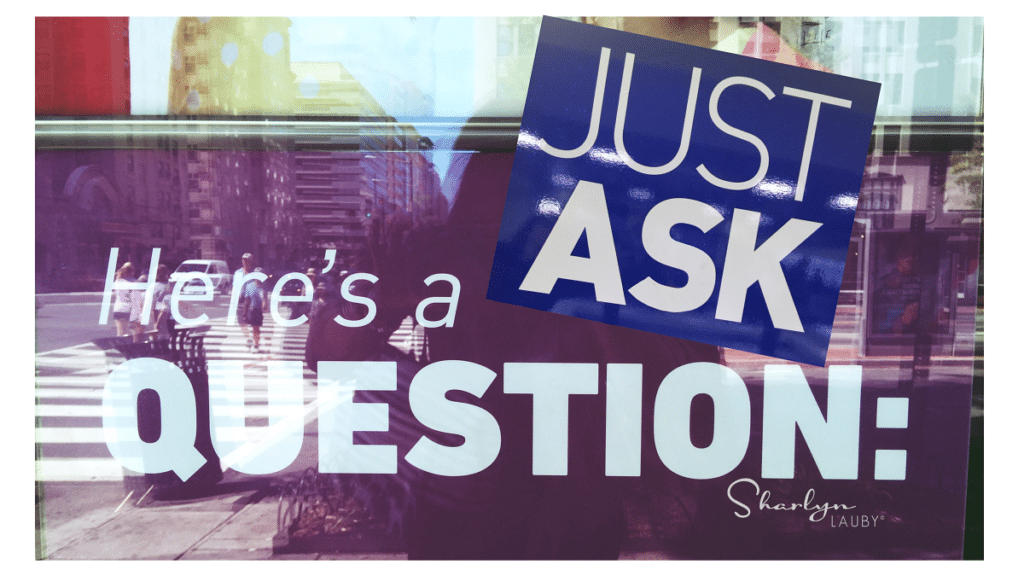Learning How to Conduct Job Interviews – Ask #HR Bartender
Estimated reading time: 4 minutes
With “The Great Resignation” and a lot of turnover, one of the situations that can arise is employees haven’t been in their roles long enough to learn everything they need to do. Like conduct a job interview. I recently saw this exact situation in my Morning Brew newsletter, and I wanted to add to the answer that the author provided. Here was the reader’s note:
We’re hiring a person for our team and my boss has put me on the interview panel. I’ve never interviewed a single person in my life and haven’t gotten much guidance. How do you suggest approaching the interview? I have no idea what to ask.
It’s a great question. Just because an interview is supposed to be conversational doesn’t mean that it’s automatically easy and that someone should be asked to do it without proper training. When it comes to interviewing and this reader’s note, I think there are two separate but related topics to consider: 1) learning how to conduct an interview properly and legally and 2) doing your prep before the interview conversation. Here are a few things to consider:
Get training! If you have an HR department, go to them and ask about interview skills training. Many organizations already have something in place. If the session is normally conducted in-person and they’re not planning a session in time for your first panel, see if there’s an online option they can recommend. LinkedIn Learning has several courses and with a library card, you might be able to take them for free.
Understand the legalities. One of the first questions that people ask me when it comes to interviewing is “What can I ask?” There are illegal questions. There’s a proper way to take notes. Some HR departments have already prepared a list of “approved” questions that you should use. This is also a reason to attend interview skills training prior to your first interview.
Know your role. In the case of this reader question, they’re being asked to participate on a panel interview. Find out what your role is on the panel. I do agree with the Morning Brew response to coordinate interview logistics with the other panelists. It’s possible each panelist will be asked to share their questions ahead of time, so the conversation has a nice flow.
Check your biases. Prior to reviewing the candidate’s information and planning the interview conversation, take a moment to reflect on your biases. You will need to bring your unbiased self to the interview. And you might need to remind others on the panel to bring their unbiased selves as well.
Review the job description and candidate’s information. It’s important to know the job that the candidate is applying for. Don’t assume that you do. What I mean by that is sometimes what’s reflected on the job description isn’t what we see every day. So, familiarizing yourself with the job description could be helpful. Also review the candidate’s work experience. If you have any questions prior to the interview – such as, “Can I ask a candidate about this…?”, go talk to HR.
Writing questions. If someone has not provided you with questions, then you might have to develop some of your own. One of the most effective types of interview questions is behavioral based, meaning that you’re asking someone to share a past behavior. An example of a behavioral interview question is “Tell me about a time when you had to work with someone that you didn’t like.” Or “Tell me about a time when you had to support a company decision that you didn’t agree with.”
The good news is that the internet is full of behavioral interview questions so do a quick search. Often the question will have a value or quality attached to it. So, if your role on panel is to ask questions about customer service, then you can ask a question like “Tell me about a time when you had to calm an angry customer.”
Practice with a mock interview. Find a colleague and ask them if you can do a mock interview with them. It gives you an opportunity to practice asking questions and listening to responses. Interviews are more than simply asking questions. They’re a huge listening activity. Because at the end, you will need to share your thoughts about the candidate based on what you heard.
Being asked to participate in an interview is a great thing. And learning how to interview is a good skill to have. But it’s not a learn-as-you-go activity. Interviewing takes training, time, preparation, and practice. Just remember when you were interviewing for a job, you didn’t want someone to fake their way through it or not take their responsibilities seriously. It could have cost you an opportunity. So, you don’t want to do that to someone else.
Image captured by Sharlyn Lauby while exploring the streets of Washington, DC
19